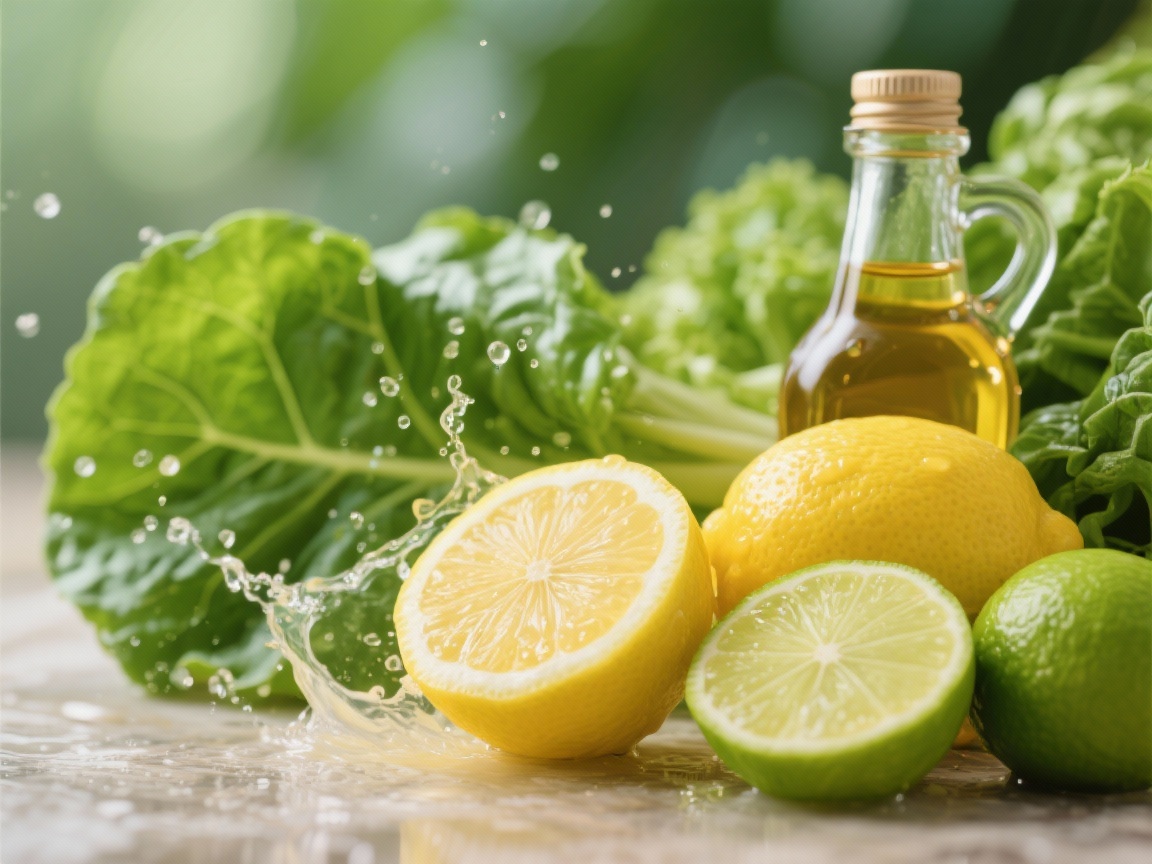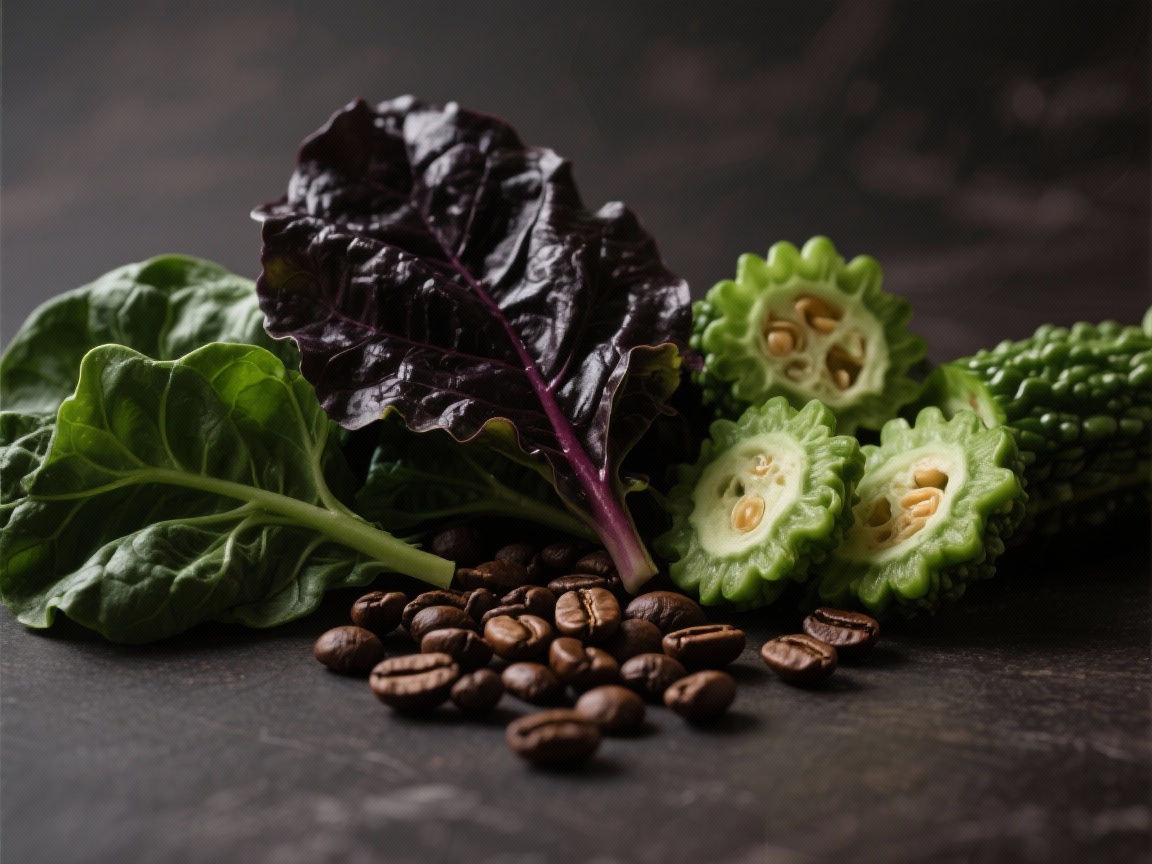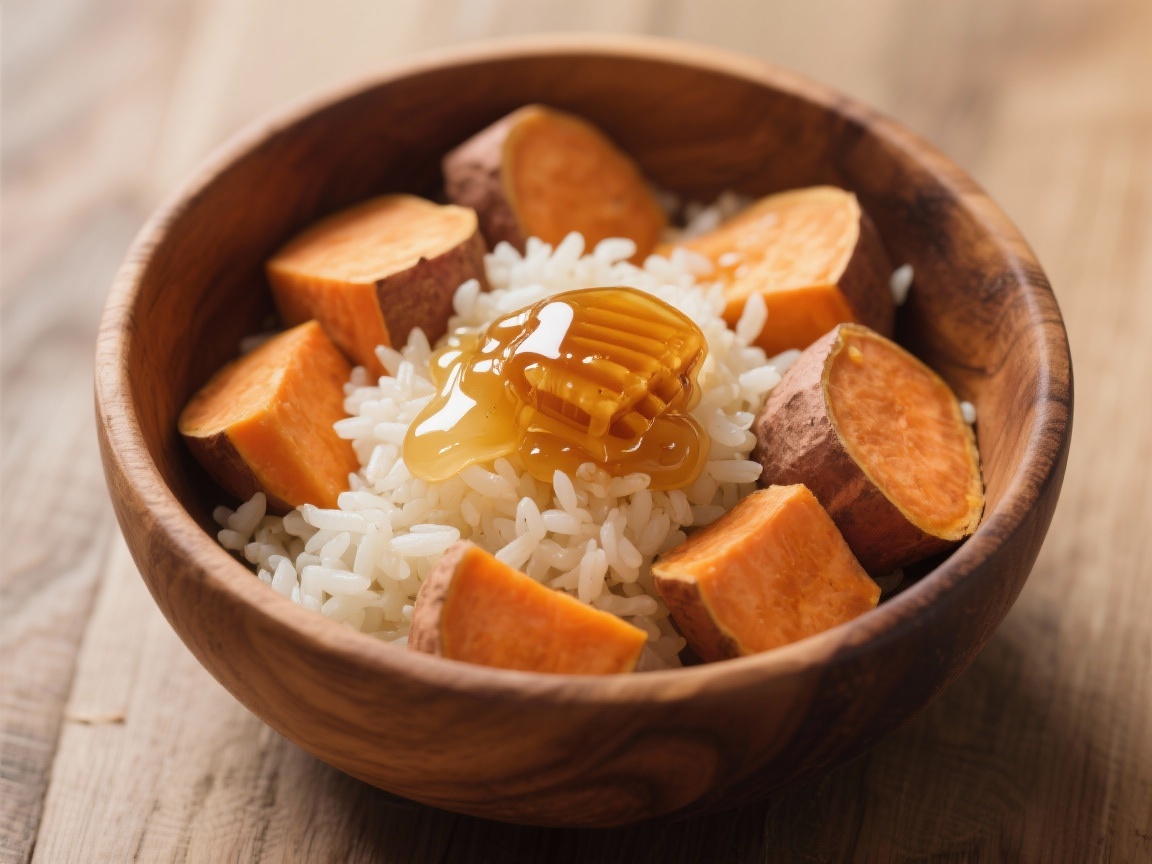Unlocking your body’s dietary secrets begins with the powerful concept of the Five Elements and Five Flavors. This core Traditional Chinese Medicine (TCM) theory illuminates vital links between food tastes and organ health. Understanding these connections provides a precise nutritional roadmap for your comprehensive well-being. It’s truly like having a secret code to optimize your daily dietary health effectively.

Absolutely Essential: Decoding Your Body’s Five Elements and Five Flavors
Embrace Sour: Boost Digestion Easily
Sour flavors are connected to the Wood element. They specifically benefit your liver and gallbladder systems. Sour foods possess astringent and firming qualities. These effectively nourish liver blood and soften liver yin. Understanding these specific interactions of the Five Elements and Five Flavors is crucial for targeted healing. Lemon, vinegar, and hawthorn are prime examples. These can greatly aid digestion and boost your appetite. If your liver blood is low, moderate sour intake improves vision. It also helps relieve eye fatigue. However, be cautious with sour foods. This is especially important if you experience “liver fire.” (This is like a simmering anger or inflammation inside your body.) Too much sour can worsen muscle tension. It’s a common saying, “sour harms tendons.” For more general dietary insights, check our Diet Therapy section.
Taste Bitter: Calm Your Heart and Clear Excess Heat
Sip Bitter: Cool Down Your System
The bitter taste belongs to the Fire element. It enters your heart and small intestine channels. Bitter flavors help clear heat and reduce inflammation. They also dry dampness and promote bowel movements. Bitter melon, coffee, and green tea are good options. These suit people with “heart fire,” which causes mouth sores. Bitter foods also strengthen yin and improve heart function. But those with a cold or weak spleen and stomach should limit bitter. Too much can harm your qi, like a flat tire on your energy highway. This further damages your digestive energy. (A review on the taste function in Traditional Chinese Medicine and its applications. PMID: 25807978)
Craving Sweet: Energize Your Spleen and Stomach Gently
Enjoy Sweet: Boost Your Energy Gently
Sweet tastes fall under the Earth element. They directly nourish your spleen and stomach. Sweet flavors offer tonic, soothing, and harmonizing effects. These principles of the Five Elements and Five Flavors guide balanced and personalized dietary choices. Rice, sweet potatoes, and honey are excellent choices. They replenish central qi and relieve discomfort effectively. Individuals with a weak spleen or low energy benefit from more sweet foods. Yet, overeating sweet things causes “middle fullness.” (This is like an overstuffed feeling in your belly.) It leads to bloating, phlegm, and even weight gain. Diabetics especially must strictly control their sweet intake.

Feel Pungent: Invigorate Your Lungs and Move Stagnant Qi
Add Pungent: Clear Up Stuffy Noses
Pungent flavors belong to the Metal element. They influence your lung and large intestine systems. Pungent foods, including spicy and aromatic types, effectively expel cold. They also move qi and invigorate blood flow throughout the body. Ginger, garlic, and pepper are great examples. These are perfect for early colds or “qi and blood stagnation.” (This feels like a traffic jam in your body’s energy.) Pungent foods also open lung qi and clear nasal passages. However, avoid too many pungent foods. This applies if you have yin deficiency with fire or skin conditions. “Pungent harms skin and hair,” potentially worsening inflammation significantly. For more specific lung support, explore our Lung Health Foods.
Go Salty: Fortify Your Kidneys and Dissolve Hardness
Taste Salty: Nourish Your Kidney Essence
The salty taste corresponds to the Water element. It directly impacts your kidney and bladder systems. Salty foods can soften hardness and dissolve lumps. They also nourish kidney essence effectively. Seaweed, kelp, and black beans are excellent choices. These benefit individuals with “kidney deficiency” or thyroid nodules. Moderate salty intake moisturizes yin and moves bowels regularly. Yet, restrict salty foods for high blood pressure. This also applies if you experience swelling. Too much salt can “harm blood,” elevating blood pressure. It can also overwork your heart and kidneys.

Achieve Flavor Harmony: A Holistic Approach to Eating
Achieve Balance: Harmonize Every Meal
Traditional Chinese Medicine emphasizes the harmony of the Five Elements and Five Flavors. This principle guides balanced dietary choices, fostering whole-body nutrition. It draws on ancient food wisdom for ultimate taste harmony. This ensures comprehensive organ system nourishment and supports a truly holistic eating approach. Avoiding overindulgence in just one taste profile is key to this elemental diet. Each meal should ideally include different flavors. For example, add vinegar (sour), salt (salty), a pinch of sugar (sweet), and pepper (pungent) to soup. It makes it both delicious and truly healthful. (Dietary guidance in Traditional Chinese Medicine: A comprehensive review of the Five Flavors theory. PMID: 29705352)

Personalize Your Plate: Tailoring Flavors to Your Body’s Needs
Tailor Your Diet: Match Your Unique Body
Personalize your dietary approach based on your unique body constitution. If you have “Yang deficiency,” (like your body’s internal furnace is running low), opt for pungent, sweet, warming, and hot foods. For “Yin deficiency,” which is like being perpetually parched, choose sweet, sour, cooling foods. “Phlegm-dampness” constitutions should limit sweets. They benefit more from pungent and bitter tastes. Modern nutrition focuses on specific nutrients. However, the ancient Five Elements and Five Flavors theory offers truly personalized dietary guidance. It embodies the profound wisdom of “medicine and food sharing one origin.” To learn more about overall wellness, visit our General Wellness & Longevity section.
(The Yellow Emperor’s Classic of Medicine, Chapter 22: The Five Kinds of Tastes. Huangdi Neijing)
Quick Self-Test: Does your body feel out of balance?
- If you frequently experience bloating or a heavy feeling after meals → immediately try sipping warm ginger tea and reducing sweet, heavy foods.
- If you often feel irritable, hot, or have red eyes → immediately try adding a slice of lemon to your water or a small amount of bitter greens.
- If you find yourself constantly tired, low on energy, and crave sweets → immediately reach for nourishing, naturally sweet whole grains like oatmeal or a baked sweet potato.
Medical Disclaimer:This article is for educational use only and is not a substitute for professional medical advice.